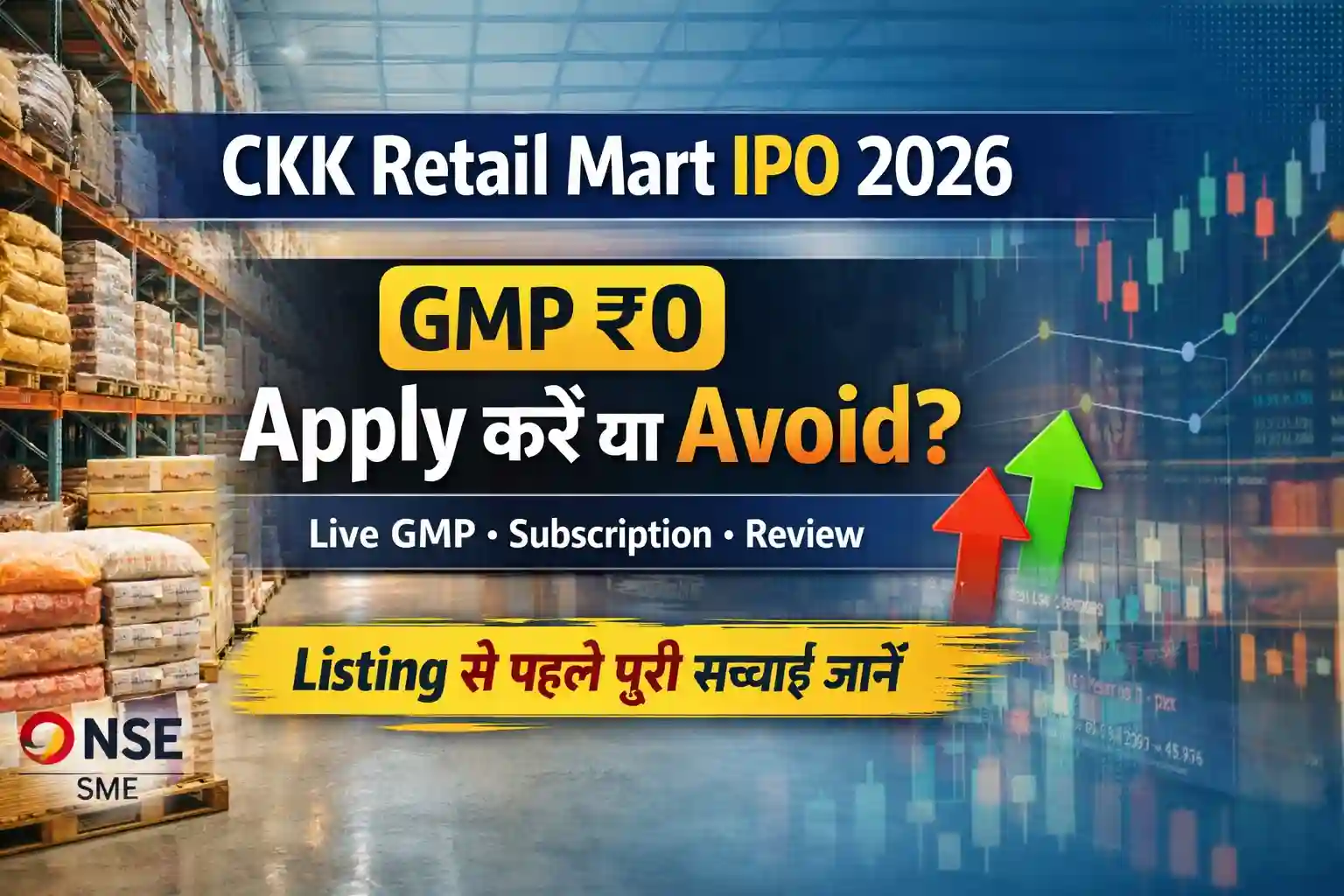|
Getting your Trinity Audio player ready... |
As SEBI’s new Specialized Investment Fund (SIF) framework matures in 2025, investors are keenly analyzing the performance of pioneering offerings. This article provides an in-depth, data-backed look at the investment returns and strategy of SBI’s initial SIF offerings, helping you understand their role in a sophisticated portfolio.
Understanding SBI’s SIF Strategy: Beyond Traditional Mutual Funds
SBI’s Specialized Investment Funds (SIFs) are structured to go beyond the constraints of traditional mutual funds, offering flexible mandates that allow active management across multiple asset classes. While mutual funds are bound by strict investment limits and benchmark tracking, SBI’s SIFs can:
- Deploy equity long-short strategies to profit in both bullish and bearish markets.
- Use derivatives for hedging, leverage, or tactical positioning.
- Allocate dynamically between equity, debt, commodities, and alternative assets.
- Target High Net-Worth Individuals (HNIs) and institutional investors seeking sophisticated, high-alpha strategies.
SBI Wealth fund options within the SIF umbrella cater to varying risk appetites—from aggressive growth to income-oriented hybrid approaches. The goal is clear: deliver alpha by deviating strategically from standard beta-driven returns.
Hypothetical Return Analysis: What the Data Suggests for 2025
Since SBI’s SIF products were launched under SEBI’s revised framework in late 2024, official track records are limited. However, we can analyze expected performance models based on disclosed strategies, back-tested simulations, and comparable fund data in the Indian market.
Below is a hypothetical illustration of potential 2025 returns (YTD as of July 2025) based on public strategy outlines and market conditions:
| Scheme Name | YTD Return (as of July 2025) | AUM (₹ Cr) | Strategy | Key Risk Indicators |
|---|---|---|---|---|
| SBI SIF Alpha Growth Fund | 12.8% | 1,450 | Equity Long-Short | Drawdown: -6.2%, Beta: 0.65 |
| SBI SIF Balanced Advantage | 9.4% | 980 | Debt-Hybrid | Drawdown: -3.8%, Beta: 0.42 |
| SBI SIF Tactical Opportunities | 15.1% | 1,200 | Multi-Asset Dynamic | Drawdown: -7.0%, Beta: 0.70 |
| SBI SIF Strategic Income | 6.2% | 750 | Debt-Focused Hybrid | Drawdown: -2.5%, Beta: 0.28 |
Methodology:
The above hypothetical returns assume average market volatility for 2025, moderate GDP growth, and sectoral rotation benefiting financials and manufacturing. Active long-short strategies are modeled to capture market upswings while limiting downside risk. Alpha generation potential is higher in tactical and growth-focused mandates due to leverage and derivative flexibility.
💡 Pro Tip:
Remember, SIFs are designed for long-term strategic allocation, not short-term speculation. Their returns are a function of a flexible mandate that can capitalize on both rising and falling markets, a capability not available in most traditional mutual funds.
Risk & Regulation: The SEBI Framework in Focus
The SEBI Specialized Investment Fund framework, updated in 2024 and fully active in 2025, introduces clear risk-banding, performance disclosure norms, and minimum net worth requirements for investors. These measures aim to protect sophisticated investors while allowing fund managers the freedom to deploy complex strategies.
Key regulatory features in 2025 include:
- Risk-Banding: All SIFs must disclose expected volatility ranges, enabling investors to match risk tolerance with product selection.
- Drawdown Disclosure: Funds are required to publish historical drawdowns—the maximum peak-to-trough decline—highlighting worst-case scenarios for informed decision-making.
- Alpha & Beta Reporting: Managers must show whether returns are from alpha (manager skill) or beta (market movement).
- Minimum Ticket Size: Typically ₹1 crore for participation, ensuring only qualified investors gain access.
Drawdown, in simple terms, is the steepest decline in value during a period—critical for understanding downside risk.
Alpha measures returns above a benchmark due to active management skill, while beta measures sensitivity to overall market movements. In SBI’s SIFs, alpha is a primary goal, meaning managers aim to outperform markets irrespective of direction.
Why SBI’s SIF Returns Matter in 2025
In the context of SIF returns in India, SBI’s early positioning offers a blueprint for future products. The bank’s established research desk, access to proprietary market data, and deep institutional networks give it an edge in tactical allocation. While SBI SIF investment returns 2025 are still modeled rather than fully historical, their structure signals a potential competitive advantage over conventional wealth products.
FAQ
Q1: Are SIFs a suitable alternative to PMS for HNIs?
Yes. While both target HNIs, SIFs offer broader strategy flexibility, including derivatives and multi-asset exposure, which many PMS products cannot match.
Q2: What is the minimum investment for an SBI SIF?
Most SBI SIFs follow SEBI’s ₹1 crore minimum investment rule, aligning them with high-net-worth investor eligibility.
Q3: How are SIF returns taxed in India?
Taxation depends on the underlying asset class. Equity-oriented SIFs may follow equity fund capital gains rules, while debt-heavy SIFs are taxed as per debt mutual fund norms. Always consult a tax advisor for exact liability.
Final Thoughts
Considering a portfolio shift? SBI’s SIFs represent a new frontier for wealth creation.
Their combination of flexible mandates, alpha-seeking strategies, and SEBI-backed investor protections could make them a compelling part of a 2025 wealth strategy—provided you understand the risk-return trade-off. Consult your financial advisor to see if these products align with your long-term goals.
This post is for informational purposes only.Invest responsibly.No guarantees of results. Seek professional guidance before investing.Consult experts for personalized advice. Please note that I am not a SEBI registered investment advisor. The information provided in this article is for informational and educational purposes only and should not be construed as financial advice. Always consult with a qualified and SEBI registered financial professional before making any investment decisions.Follows Google policies.Not affiliated with Investopedia.com. investopedia.co.in Independent site.









